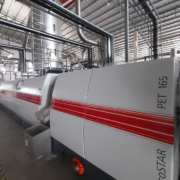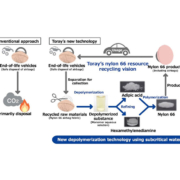EU ETS Municipal Waste Incineration
The European Parliament will vote again on the 22nd of June on the inclusion of municipal waste incineration under the EU ETS in 2026 without waiting for the results of the impact assessment they are calling for. This raises serious concerns for most FEAD members, depending on the national legislative framework in the different MS.
The impact assessment must be a precondition for such a major change in the sector and must reflect the best options to tackle CO2 emissions from municipal waste incineration in the long-term, considering both climate and circular economy. If appropriate, it should then be followed by a corresponding legislative proposal to further adapt the EU ETS.
Having an EU-ETS that includes municipal waste incinerators is seen by the European Parliament as the way to ensure a level playing field with national ETS systems already covering this activity. However, this will most probably not result in MS abrogating existing taxation schemes, imposed under the ESR, resulting in a ‘double penalty’ at the citizens/consumers’ costs.
In this regard, the Council’s approach is preferable, requiring a pre-impact assessment to include/not include incineration into the EU ETS. This ensures the appropriate decision will be taken,especially given the fact that W-to-E solutions are still avoiding more CO2 emissions than they emit, as shown by a recent study commissioned by FEAD and other partners.
The positive/adverse impacts of the inclusion of municipal waste incineration under the EU ETS, and on the whole waste management chain, with a comparison with the effects of existing measures under the ESR, need to be addressed in the impact assessment. The effects of a possible inclusion of incineration under the ETSon the level of CO2 emissions, and more generally on circular economy have to be quantified. This will allow the right conclusions and necessary information to permeate before taking any legislative decisions, with the right policy instrument to improve separate collection and recycling.
For more information, please consult FEAD’s position to the EP Report on the EU ETS revision.
Source: FEAD (Brussels, June 14, 2022)









